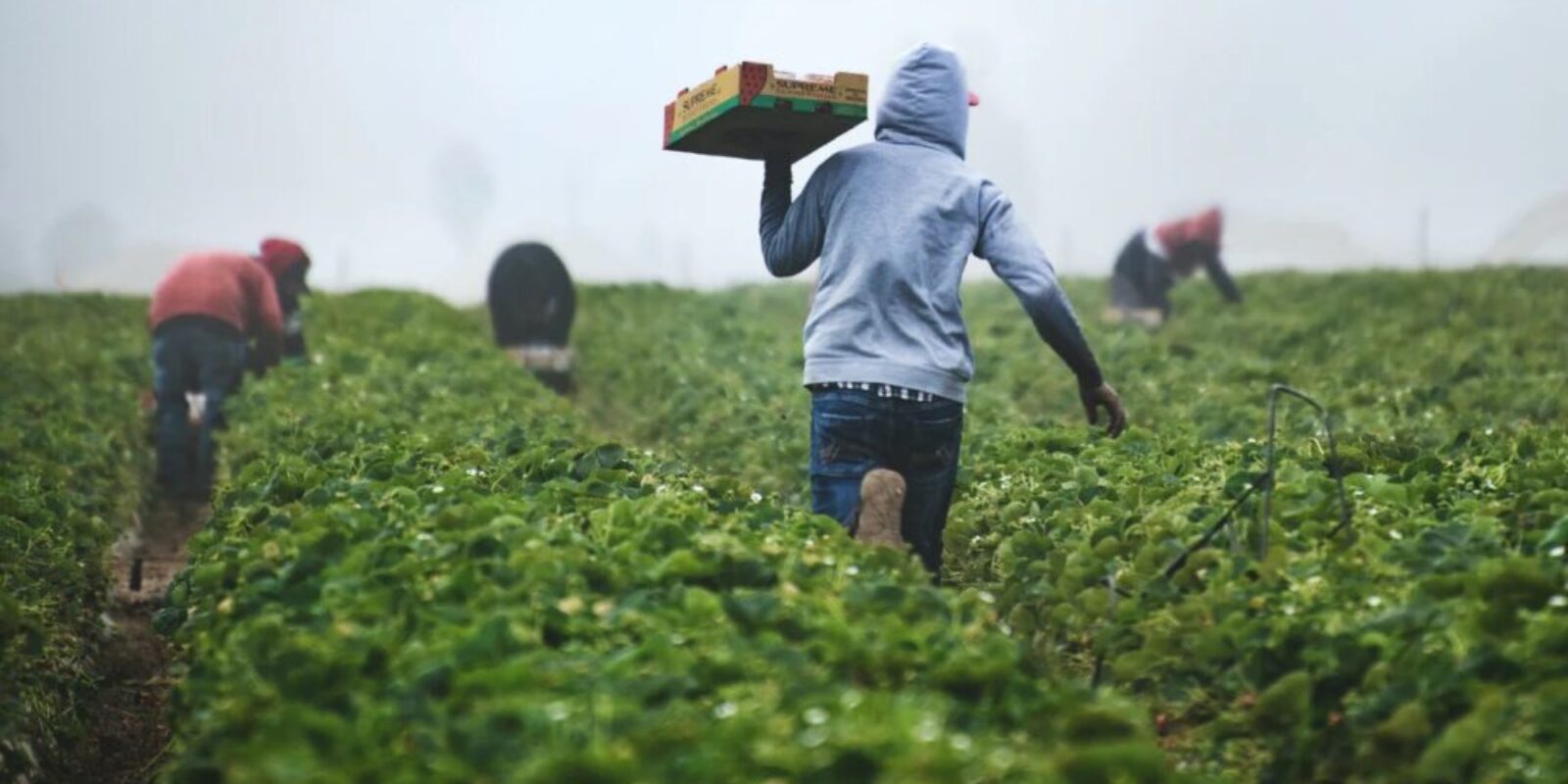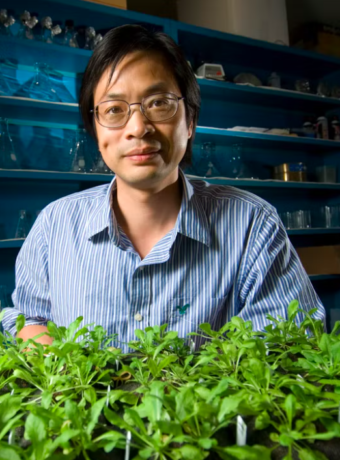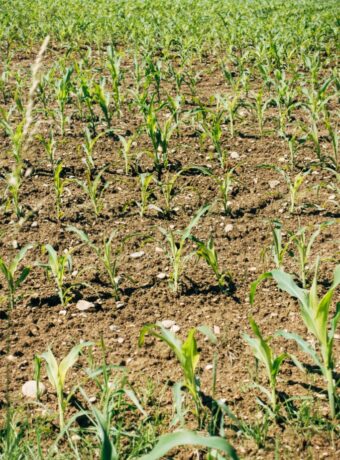Human rights are the inalienable entitlement of every person, regardless of race, gender, nationality, or any other status. They are essential for human dignity and a life with dignity. They include the right to life, liberty, security of person, equality before the law, and freedom from torture and degrading treatment. The Universal Declaration of Human Rights, adopted by the United Nations in 1948, enshrines these rights for everyone. However, all too often, these rights are not respected or protected when it comes to food production and consumption. For example, workers in the food industry are often exposed to dangerous and unhealthy conditions. In addition, many people do not have enough to eat, due to poverty or conflict. This is why it is so important to stand up for human rights when it comes to food production and consumption. We must demand that everyone involved in the food system – from farmers and workers to retailers and consumers – be treated fairly and with respect. Only then can we ensure that everyone has access to safe and nutritious food.production and consumption?

How do food and nutrition relate to human rights?
Good nutrition is essential to good health, and the right to health is recognized as a fundamental human right in international law. According to the World Health Organization, “The enjoyment of the highest attainable standard of health is one of the fundamental rights of every human being without distinction of race, religion, political belief, economic or social condition.” This right includes access to affordable and nutritious food, safe drinking water, and adequate sanitation. It also includes the right to information about nutrition and health, and the means to attain it. Unfortunately, poor nutrition is a leading cause of death and disease worldwide, and many people do not have access to the nutritious food they need to live healthy lives. Addressing this problem will require a collective effort from governments, civil society, the private sector, and individuals. Only by working together can we ensure that everyone has the right to good nutrition and health.

What is the right to food, and how can we make sure everyone has access to it?
The right to food is the right of everyone to have access to enough safe and nutritious food to meet their dietary needs. This includes both physical and economic access, which means that people must not only have physically available food, but also be able to afford it. Unfortunately, around the world, many people do not have access to adequate food. This can lead to health problems and even death. There are a number of ways to help ensure that everyone has access to the right to food. One way is through food aid programs, which provide people in need with emergency food assistance. Another way is by working to improve agricultural productivity across the food system.
One of the most common problems with food distribution and access around the world is workers not being paid fairly. For example, workers in retail are often underpaid and overworked, while farmers and factory workers are paid even less. This results in workers not being able to afford to buy food, which then causes them to go hungry. In addition, many farmers are forced to sell their crops at below-market prices, which means they can’t make a living off of their work. As a result, they’re often forced to move to cities in search of work, which further increases the number of people who are struggling to access food. Another common problem is that food is often transported long distances, which increases the chances of it going bad before it reaches its destination. This is particularly true in developing countries, where infrastructure is often not as reliable. Finally, food distribution is also often hampered by natural disasters, such as floods or droughts. These disasters can damage crops and make it difficult for food to reach those who need it the most.

How does the food industry violate human rights, and what can we do about it?
The food industry is one of the largest and most important industries in the world. It employs millions of workers, from farmers to factory workers to retail workers. However, the food industry also has a dark side. workers in the food industry are often treated poorly. They may be paid very low wages, work long hours, and be exposed to dangerous conditions. In addition, the food industry is often guilty of human rights violations. For example, workers may be denied basic rights like freedom of association or the right to a safe and healthy workplace. Farmers may be forced to use harmful pesticides or grow genetically modified crops. And factories may pollute local water supplies or produce unhealthy foods. The good news is that there are things we can do to improve the situation. We can support workers’ rights organizations, advocate for better regulations, and choose to buy ethical products. We can also help by supporting fair trade policies that ensure farmers receive a fair price for their produce. By working together, we can make the food industry a fairer and more just place for everyone involved.

How can we change our attitudes towards food so that everyone has enough to eat?
Food is essential to our survival, yet around the world, billions of people do not have enough to eat. In part, this is due to a lack of access to food. But it is also because of the way we think about food. Too often, we take food for granted, without considering the hard work that goes into producing it. Every time we eat a meal, workers in farms, factories, and retail stores have all played a role in getting the food to our plates. Yet many of these workers are paid very little and do not have enough to feed their own families. If we want everyone to have enough to eat, we need to change our attitudes towards food. We need to appreciate the workers who produce it and make sure that they are fairly compensated. We also need to be mindful of how much food we waste and do our best to avoid wasting anything. Only then can we create a world where everyone has enough to eat.



